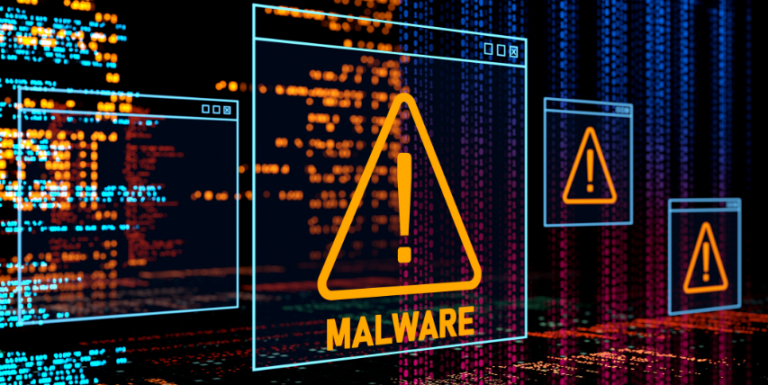Harpenden is a bustling town that is well-known for its thriving business community. It is located in the gorgeous county of Hertfordshire, which is located in England. Malware is a problem that is becoming more widespread for Harpenden companies to deal with as they rely more and more on technology to simplify their company processes, increase their productivity, and interact with their consumers. Malware is a malicious software that is meant to disrupt, damage, or gain unauthorised access to computer systems. Malware presents substantial dangers to enterprises of all sizes. In this piece, we will investigate malware’s effects on businesses in Harpenden, as well as the critical steps that should be taken to protect against these dangers.
In today’s environment, malware is an unavoidable aspect of everyday existence. The strategies and procedures utilised to use this technology continue to develop in tandem with the progression of technology and the linked and ongoing development of devices. Because manipulation and malware are so widespread, the likelihood of your firm becoming a victim of an attack and having to pay the associated costs is projected to rise.
Cyberattacks and the damage they inflict may be extremely pricey for businesses and other types of organisations. The costs of cyberattacks are not restricted to the immediate containment and elimination of threats in any way, shape, or form. The costs of operations, loss of revenue due to downtime, emergency remediation, and recovery solutions will all contribute to increased costs; this does not even consider the possibility of intangible costs such as a damaged reputation.
How does Malware affect your business?
Operations are Interrupted
Having adequate cybersecurity makes it easier for a company’s digital processes to function as intended. However, it may be disrupted either directly or indirectly by a malware assault. The magnitude of the interruption can vary from level to level.
The damage caused by a virus might range from the simple corruption of an essential operating system on a single system to the destruction of networks of systems. One of the most notable examples is the harmful computer worm known as Stuxnet, which can bring down large computer networks.
It has wider-reaching implications, which frequently take the form of distributed denial of service attacks. For instance, a distributed denial of service (DDoS) assault can completely take down your website in under a minute.
Data Exfiltration
In most cases, the user is only consulted after the malware takes control of the device. In addition, once it has gained control, it can conceal from the user any vital company data, client data, or even personal data that it has filtered out.
It is a method of stealing data, which is rather expensive. In addition to causing an interruption in corporate operations, this can also degrade the brand’s reputation and hinder the goodwill of customers.
Monetary Extortion
If the malicious software gets through your network’s security measures, one of the reasons could be an attempt to blackmail you for money. Because of this, ransomware is an especially pertinent topic. It will, in effect, allow you to access your date once you have paid the specified amount that has been demanded.
Deleting Whole Directories
Malware will bypass all of the cybersecurity controls in place to delete data that is highly sensitive and critically important to the company.
The latest malicious software would erase a whole file even though it will report that it has moved the file to another location for added security.
They are willing to open your account if you make a small payment first, but just as a pretence. The data have been erased or corrupted irreversibly, making it extremely difficult, if possible, to retrieve them.






